
Instituting a patient navigation program may help to aid in the continued cancer care of populations at a higher risk of being lost to follow-up, according to the results of a multicenter study.

Your AI-Trained Oncology Knowledge Connection!


Instituting a patient navigation program may help to aid in the continued cancer care of populations at a higher risk of being lost to follow-up, according to the results of a multicenter study.

The children of patients with cancer may be at a significantly increased risk for mental and behavioral health problems, according to the results of a recent study.

Consuming more than two servings of fish each week can reduce a person’s risk for recurrence of colorectal cancer, according to the results of a cross-sectional multinational study.
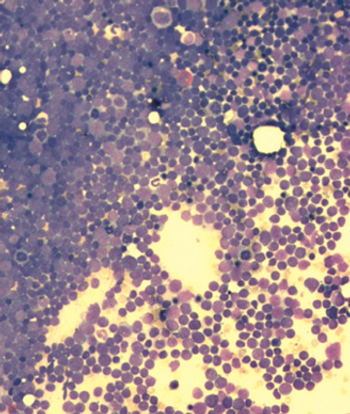
Researchers have identified Down syndrome as a risk factor for infection-related mortality among pediatric patients with acute lymphoblastic leukemia.
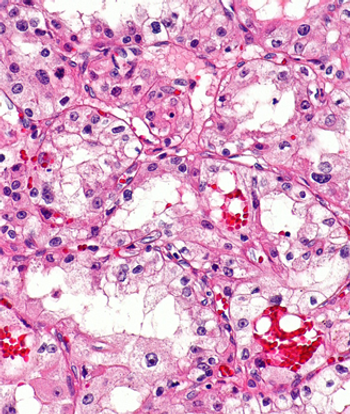
Among patients with clear cell renal cell carcinoma who had undergone nephrectomy, patients with diabetes were found to have a significantly decreased cancer-specific and overall survival.

Methods of screening for colorectal cancer are estimated to have prevented between a quarter of a million to a half a million colorectal cancers, according to a recently published study.
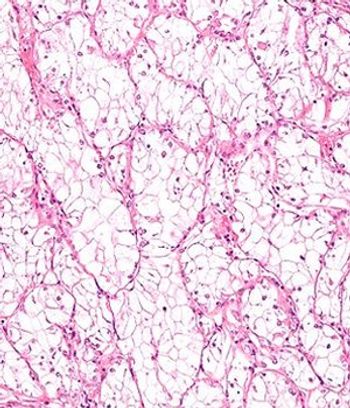
A 16-gene Recurrence Score was found to be significantly predictive of recurrence-free interval and survival in patients with stage I-III clear cell renal cell carcinoma who have undergone nephrectomy.

Immediate adjuvant cisplatin-based combination chemotherapy after radical cystectomy in patients with transitional cell carcinoma of the bladder significantly increased progression-free survival, according to the final results of the EORTC 30994 trial.
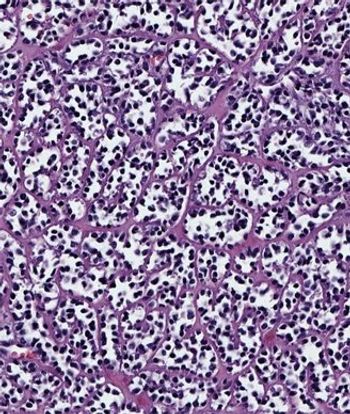
Patients with first relapse rhabdomyosarcoma treated with a chemotherapy backbone of vinorelbine/cyclophosphamide plus temsirolimus had a superior event-free survival compared to patients treated with the same backbone plus bevacizumab.

A new risk-stratification system for pediatric and young adult patients with non-rhabdomyosarcoma soft-tissue sarcomas (NRSTS) was able to effectively classify patients for the appropriate therapy.

A comparison of melphalan, prednisone plus either thalidomide or lenalidomide found that patients assigned to lenalidomide had fewer grade 3 or higher toxicities and a better quality of life at the end of induction therapy.
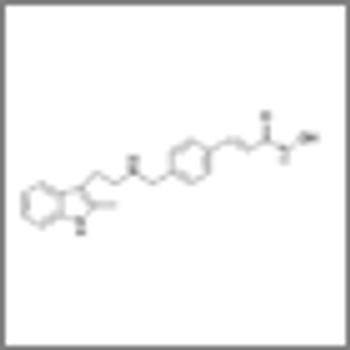
Treatment of relapsed or refractory multiple myeloma with the three-drug combination of panobinostat/bortezomib/dexamethasone resulted in a nearly 4-month improvement in progression-free survival compared to treatment with bortezomib/dexamethasone alone.

Colorectal cancer screening should be considered in unscreened patients aged 75 years or older, especially those with no comorbid conditions, according to a new study.
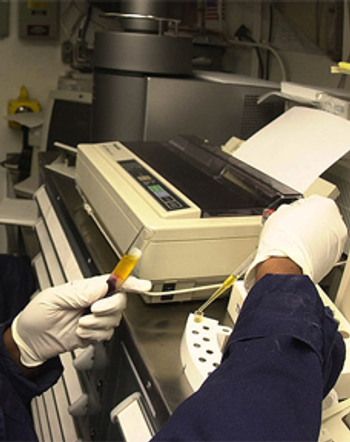
Patients with renal cell carcinoma who had low preoperative levels of serum cholesterol were found to have worse survival, according to the results of a recent study.
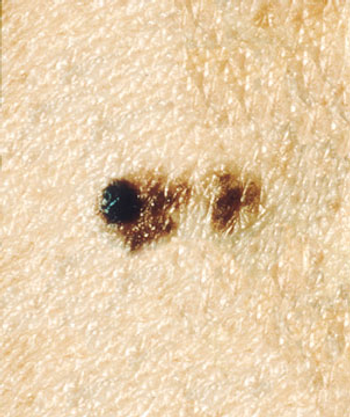
The presence of regression in melanomas with a Breslow thickness greater than 0.75 mm does not appear to be linked to a higher likelihood of sentinel node involvement, according to the results of a retrospective study.
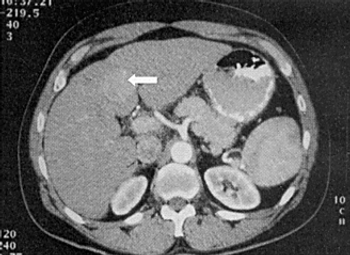
Treatment with sorafenib after curative resection or ablation of hepatocellular carcinoma did not improve recurrence-free survival compared with placebo, according to the results of the phase III STORM trial.

High-dose chemotherapy plus conventional radiotherapy resulted in a high 3-year overall survival in children and adolescents with newly diagnosed medulloblastoma and supratentorial primitive neuroectodermal tumor.

The addition of cediranib to treatment with cisplatin/gemcitabine did not improve progression-free survival in patients with advanced biliary tract cancer, according to the results of the phase II ABC-03 trial.

Addition of the drug armodafinil did not improve measures of fatigue in patients with gliomas undergoing treatment with radiotherapy, according to the results of a study presented at the 2014 ASCO Annual Meeting.
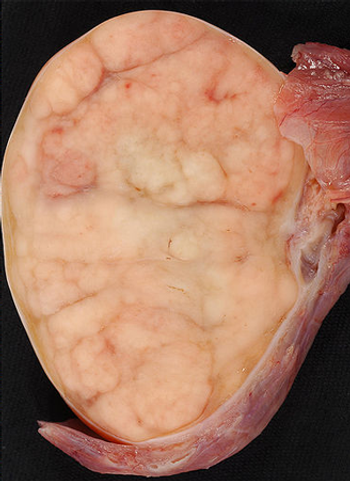
Results of a combined analysis of SWENOTECA studies showed that surveillance remains a good option for patients with stage I seminoma testicular cancer.
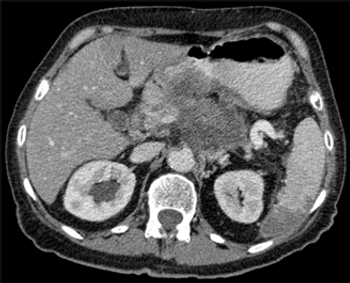
The JAK inhibitor ruxolitinib may improve overall survival in patients with metastatic pancreatic cancer characterized by an elevated CRP, a well-established marker of inflammation.
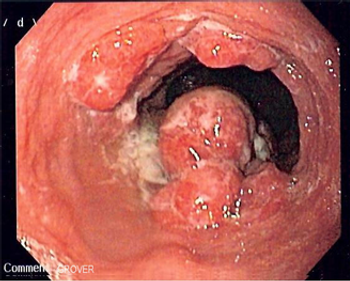
Adding ramucirumab to FOLFOX did not delay progression in patients with untreated advanced gastric or esophageal adenocarcinoma, according to trial results presented at the 2014 ASCO Annual Meeting.
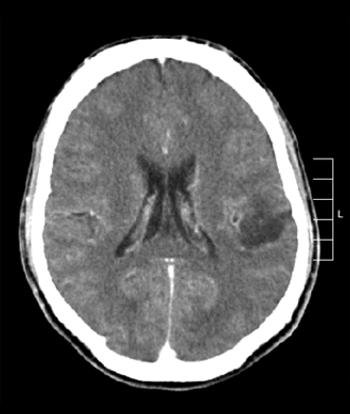
Researchers identified a six-gene signature that can help to predict the 3-year survival outcome for patients with grade II or grade III gliomas, independent of the patient’s histology, grade, and IDH1 mutations status.
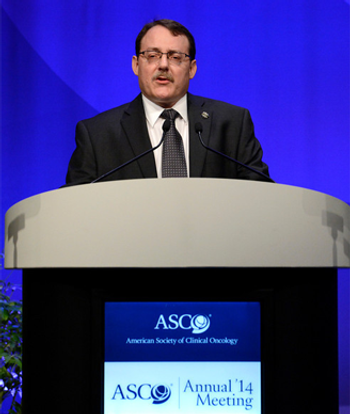
First-line treatment with chemotherapy plus either bevacizumab or cetuximab resulted in equally effective outcomes for patients with metastatic colorectal cancer.

Maintenance treatment with capecitabine and bevacizumab after 6 cycles of CAPOX B is an effective treatment in patients with metastatic colorectal cancer, according to the final results of the CAIRO3 study.

Exposure to a preference-based mail and telephone navigation intervention increased colorectal cancer (CRC) screening adherence compared to a standard mailed intervention among African Americans.

The VEGFR-2 tyrosine kinase inhibitor apatinib significantly prolonged overall survival in patients with advanced gastric cancer compared with placebo, according to the results of a phase III study.
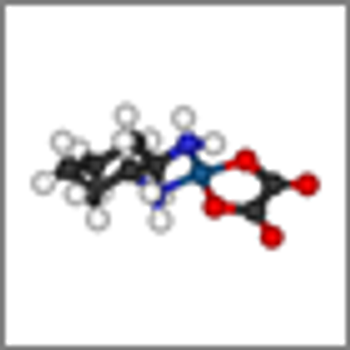
The role of oxaliplatin in early-stage rectal cancer may still be unclear, according to the differing disease-free survival results from two studies presented at the 2014 ASCO Annual Meeting.

Treatment with oxaliplatin-containing FOLFOX significantly improved the 3-year disease-free survival of select patients with curatively resected rectal cancer compared with treatment with 5-fluorouracil/leucovorin.
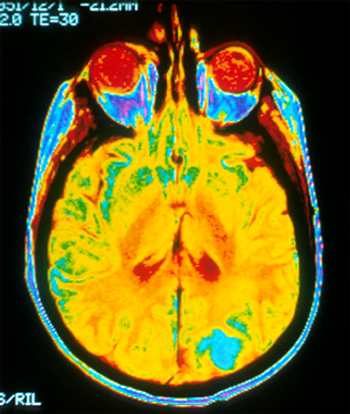
A phase II trial evaluating the use of a dendritic cell vaccine, ICT-107, has shown that the immunotherapy had a positive effect on progression-free survival in patients with glioblastoma.